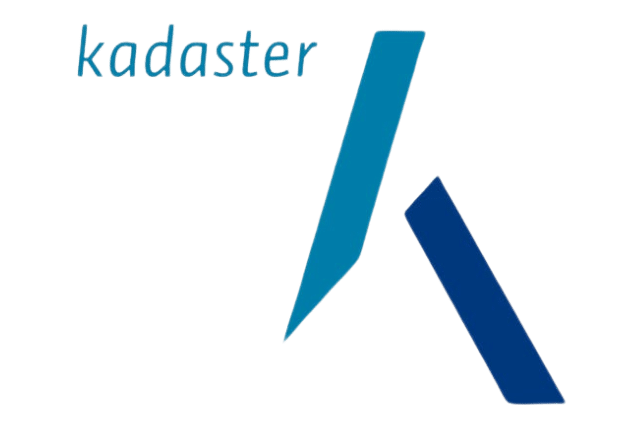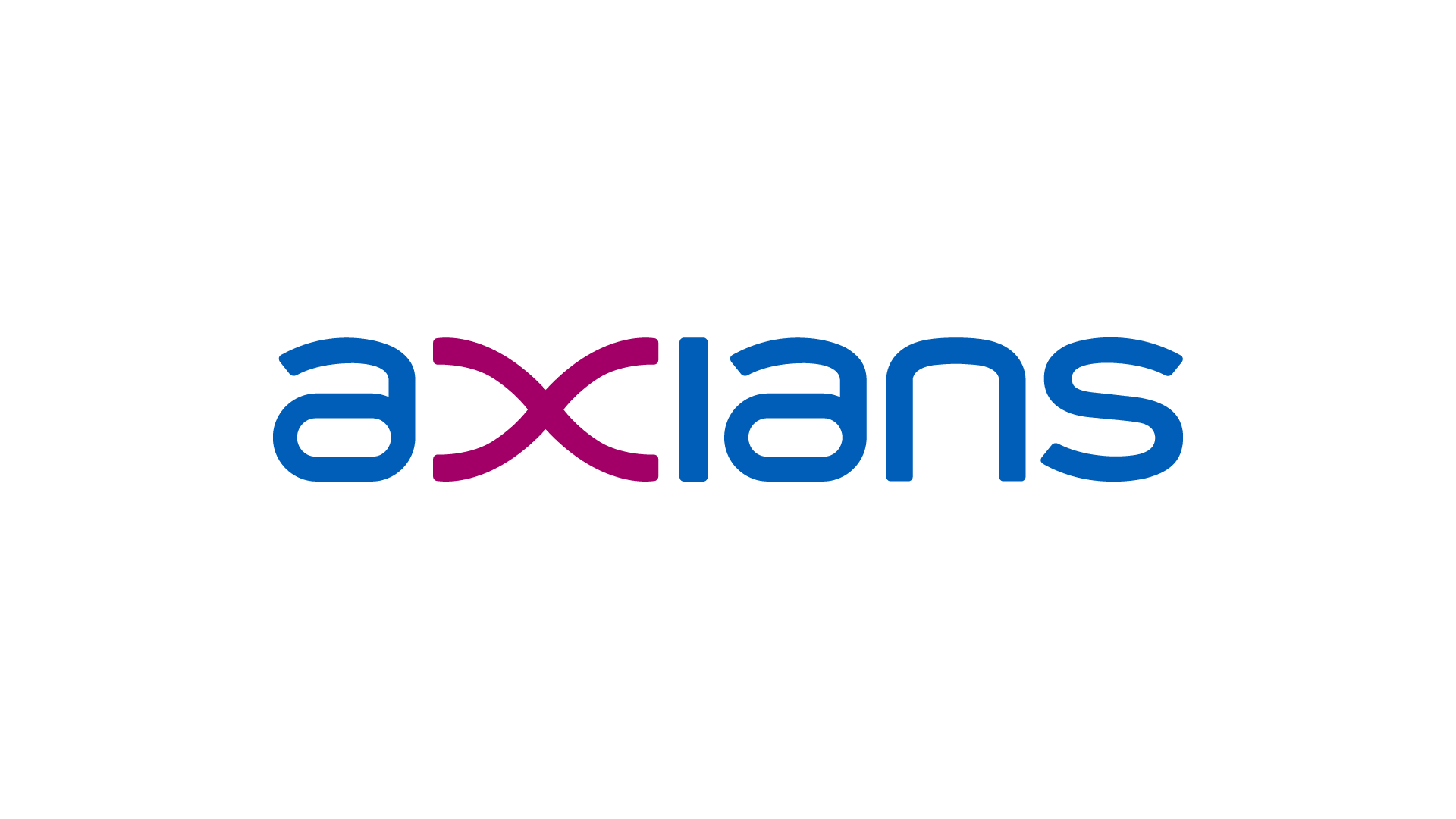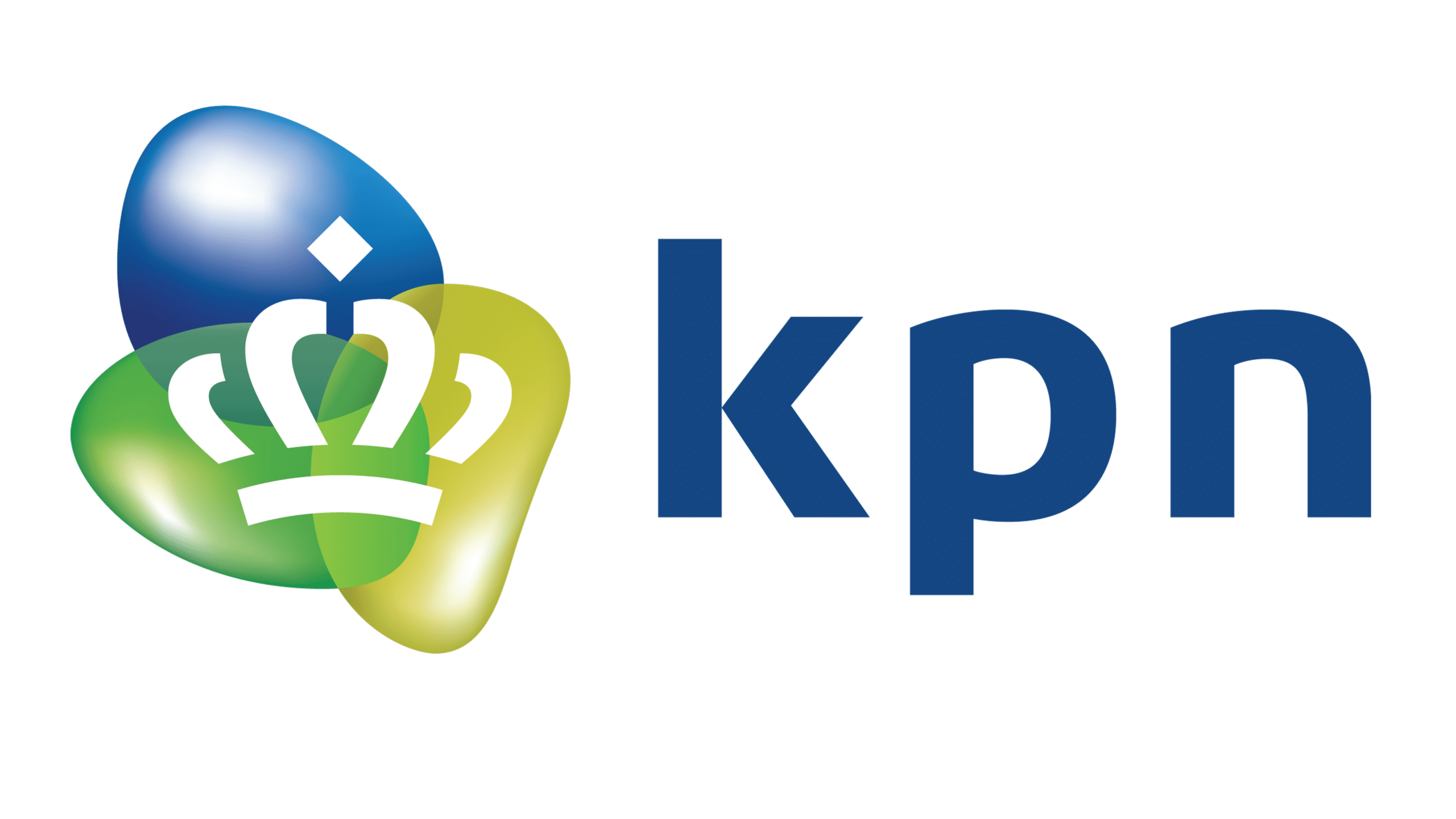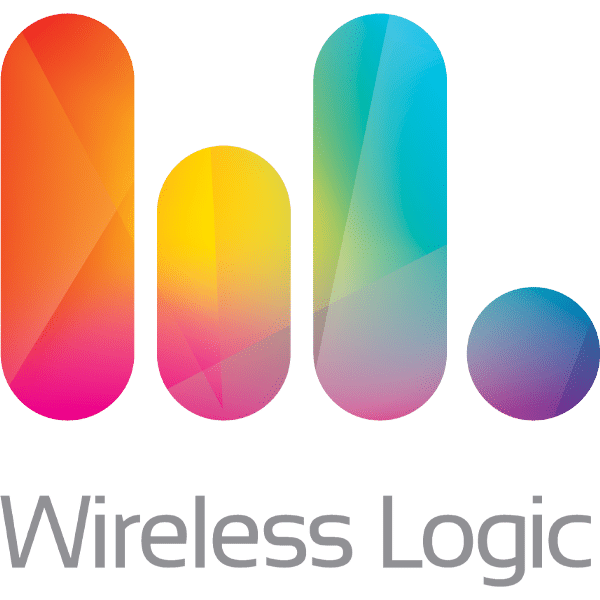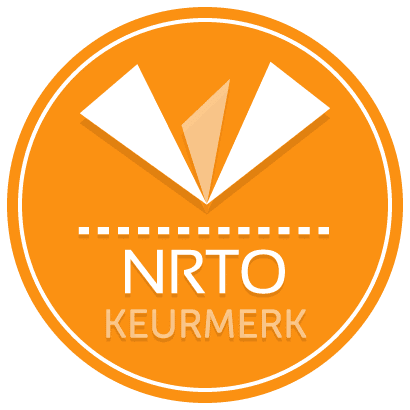Over de Dynamics Solution Architect (MB-700)
Oplossingsarchitecten spelen een cruciale rol bij het waarborgen dat bedrijfsoplossingen en de ICT-infrastructuur naadloos samenwerken. In de training Microsoft Dynamics 365 Finance and Operations Apps Solution Architect (MB-700) leer je om oplossingen te ontwerpen die niet alleen technisch uitvoerbaar zijn, maar ook de bedrijfswaarde maximaliseren en voldoen aan de strategische doelen van jouw organisatie.
De training Microsoft Dynamics 365 Finance and Operations Apps Solution Architect (MB-700) is ontwikkeld voor ervaren ICT-professionals die een leidende rol nastreven in het ontwerpen van oplossingen die bedrijfsprocessen transformeren. Deze training biedt diepgaande kennis en praktische vaardigheden die nodig zijn om effectief oplossingen te ontwerpen en te leiden binnen het krachtige Microsoft Dynamics 365-platform.
Door deel te nemen aan de MB-700-training zul je leren hoe jij bedrijfsbehoeften kunt analyseren en de meest effectieve technische oplossingen kunt ontwerpen met Microsoft Dynamics 365. Deze training behandelt aspecten zoals het integreren van verschillende applicaties binnen Microsoft Dynamics 365 met bestaande informatiesystemen, het beheren van implementaties, het optimaliseren van bedrijfsprocessen en het verzekeren van project- en programmabeheer.
Let op: Er is geen examenvoucher inbegrepen bij de MB-700 training. Echter kun je een Microsoft MCP examenvoucher eenvoudig bij ons aanschaffen.
Voor wie is de MB-700?
Deze training is voornamelijk geschikt voor Dynamics-architecten en technische architecten.
Leerdoelen van de MB-700
Door deze training te volgen zul je de volgende kennis en vaardigheden verkrijgen:
- Je zult begrijpen welke taken de oplossingsarchitect uit moet voeren voor de implementatie van Dynamics.
- Je zult in staat zijn om blauwdrukartefacten van oplossingen te voltooien.
- Je zult weten waar je technische informatie kunt vinden om vragen van klanten te beantwoorden.
Aanbevolen voorkennis MB-700
Voordat je deelneemt aan deze training is het van belang dat jij de volgende leertrajecten hebt afgerond:
Onderwerpen van de MB-700
MB-700 | Module 1: The architect role
This module will introduce you to the solution architect role. It will help you understand the major skills needed to perform on this role.
Lesson:
- The solution architect role.
Lab: Classroom exercises
- Exercise: Group exercise.
- Exercise: Individual exercise.
After completing this module, the students should be able to:
- Refresh the knowledge obtained from the online content for solution architect.
- List the skills needed for a solution architect.
MB-700 | Module 2: Manage interactions with FastTrack
This module will introduce to FastTrack and how to interact with them during Dynamics implementation.
Lessons:
- Get to know FastTrack.
- Make the most of FastTrack templates.
After completing this module, the students should be able to:
- Identify the value proposition of FastTrack.
- Identify FastTrack engagement types and personnel roles.
- Describe FastTrack workshop scoping and inputs for each workshop.
- Make the most of solution blueprint template.
- Learn to complete go-live checklist.
- Know how to become FastTrack recognized solution architect.
MB-700 | Module 3: Solution blueprint
This module will help you give you an overview of solution blueprint in general. Also, this module serves as the foundation for the rest of modules as you will be doing several activities to build your very first solution blueprint during this class.
Lessons:
- Solution blueprint definition and components.
- Project governance and timeline.
- Solution architecture and organizational structure.
- Working with business process catalog.
Lab: Classroom exercise
Lab: Case study - Student Activity
- Exercise: What is a solution blueprint?
- Exercise: Solution blueprint components.
- Case: Study artifact distribution.
- Student activity #1: Program Strategy.
- Student activity #2: Program Strategy 2.
- Student activity #3: Describe overall solution architecture.
- Student activity #4: Describe business processes in scope of the solution.
After completing this module, the students should be able to:
- Understand solution blueprint definition.
- Describe solution blueprint purpose.
- Identify main solution blueprint components.
- Describe solution scope, goals and challenges.
- List implementation team members and project roles.
- Describe project timeline for implementation and rollouts.
- Describe change management, risks, and escalation path.
- Describe overall solution architecture.
- Describe organization.
- Provide details about the organization.
- Describe business processes in scope of the solution.
- Understand functional and non-functional requirements.
- Document product gaps and their solutions.
MB-700 | Module 4: Define environments, tools, and deployment strategy
This module will explain to you the different environment and deployment options. It will allow empower you to define a basic environment strategy for Dynamics implementation.
Lessons:
- Understand environment planning.
- Application lifecycle management and deployment strategy.
- Using LCS and Azure DevOps.
Lab: Student activity
Lab: Exercise
- Exercise: Adopt One Version – Continuous updates.
- Exercise: Utilize Lifecycle services.
- Student activity #5: Develop environment plan.
After completing this module, the students should be able to
- Describe general concepts for cloud deployments.
- Environment planning main concepts and types.
- Understand process of provisioning production and sandbox environments.
- Describe developing an environment plan.
- Understand development of the deployment strategy.
- Define application lifecycle management.
- ALM methodologies.
- Define a deployment strategy.
- Understand extensibility options.
- Learn about upgrade scenarios and tools.
- Adopt One Version – Continuous updates.
- Utilize Azure Devops.
- Utilize Lifecycle Services.
- Disaster recovery strategy.
MB-700 | Module 5: Determine data management strategy
This module will empower you to understand the data related topics within Dynamics implementation. It will help you define data migration strategy.
Lessons:
- Data management overview.
- Develop a data migration strategy.
Lab: Classroom exercise
Lab: Case study - student activity
- Exercise: Data management overview.
- Exercise: Develop a data migration strategy.
- Student activity #6: Develop a data migration strategy.
After completing this module, the students should be able to:
- Describe data management overview.
- Understand a data management framework.
- Utilize a data task automation.
- Describe database movement operations.
- Utilize a data sharing framework.
- Develop a data migration strategy.
- Develop a cutover plan.
- Develop a data retention plan.
MB-700 | Module 6: Determine integration and interfaces strategies
This module will cover the integration and interface topics. It should help you to understand the available options and tools to use. It will help you define your integration and interface strategy for Dynamics implementations.
Lessons:
- Develop an integration strategy.
- Integration options.
Lab: Case study - student activity
Lab: Classroom exercises
- Exercise: Develop an integration strategy.
- Exercise: Integration options.
- Student activity #7: Develop an integration strategy.
After completing this module, the students should be able to:
- Engage a customer in conversation about the benefits of engaging a FastTrack architect or team.
- Describe the benefits of having the project team compare and evaluate the functional requirements.
- Discuss and explain the different forms of architecture involved when creating a solution blueprint.
MB-700 | Module 7: Define security architecture
This module will help you understand the important security aspects for Dynamics Implementations.
Lessons:
- Important security aspects.
- Security framework.
- Define security strategy.
Lab: Classroom exercises
Lab: Case study - Student activity
- Exercise: Important security aspects.
- Exercise: Security framework.
- Student activity: Develop a security strategy.
After completing this module, the students should be able to:
- Define cloud security.
- Describe main aspects of Azure Datacenter Security.
- Understand authentication and authorization.
- Understand compliance requirements.
- Understand encryption.
MB-700 | Module 8: Define testing strategy
This module should help you define testing strategy and develop testing plan. It will interduce you to the various testing types and tools.
Lessons:
- Testing a strategy overview.
- Testing planning and execution.
Lab: Case study - Student activity
Lab: Classroom exercises
- Exercise: Testing a strategy overview.
- Exercise: Testing planning and execution.
- Student activity #8: Developing a testing strategy.
After completing this module, the students should be able to:
- Understand a testing scope.
- Solution testing lifecycle and defect management.
- Describe testing tools.
- Testing roles, responsibilities and test management.
- Perform test planning.
- Understand One Version and adopt regression testing strategy.
MB-700 | Module 9: Define performance testing strategy
This module will focus more on the performance topics. It will help you to know the importance of performance topic and will empower you to know how to address these topics with your customer.
Lessons:
- Prepare for performance topics.
- Utilize performance testing tools.
Lab: Classroom exercises
- Exercise: Prepare for performance topics.
- Exercise: Utilize performance testing tools.
After completing this module, students should be able to:
- Define performance goals and scenarios.
- Define performance benchmarks and success criteria.
- Define performance testing strategy.
- Identify tools for performance testing.
- Identify tools for performance monitoring.
MB-700 | Module 10: Business intelligence and reporting
This module will address the key topics for reporting and intelligence needed by the solution architect.
Lesson:
- Implement business intelligence and reporting.
Lab: Classroom exercises
Lab: Case study - Student activity
- Exercise: Reporting and business intelligence overview.
- Student activity #9: Develop an intelligence strategy.
After completing this module, the students should be able to:
- Outline reporting and analytics overview.
- Describe native reporting options.
- Describe business intelligence reporting options.
- Identify analytics reporting options.
- Develop reporting and analytics strategies.
MB-700 | Module 11: Determine licensing and support
This module is designed to help you understand the basics of licensing and support. It not meant to make you an expert on this topic. However, it will enable you to know where to find the information when you need it.
Lessons:
- Understand licensing estimation.
- Understand support options.
Lab: Classroom exercises
- Exercise: Understand licensing estimation.
- Exercise: Understand support options.
After completing this module, the students should be able to:
- Estimate number of licenses.
- Stay compliant with user licensing requirements.
- Understand support options during and post implementations.
- Define support strategy.
MB-700 | Module 12: Prepare for go-live
This module is to put everything together and prepare for go-live. It will help you get familiar with go-live checklist. This module also will recap major learnings from this class and you will be asked to give a class feedback.
Lessons:
- Complete solution blueprint.
- Prepare for go-live.
- Class recap.
Lab: Classroom exercises
- Exercise: Prepare for go-live.
After completing this module, the students should be able to:
- Complete a solution blueprint.
- Understand a go-live readiness assessment process.
- Understand a completing and submitting go-live checklist.
- Describe the process of provisioning production environment.
- Define cutover activities and go-live.
- Provide class feedback.
Additional Reading
Please complete the following learning path before attending this ILT: Architect solutions for Dynamics 365 and Power Platform - Learn | Microsoft Docs.







